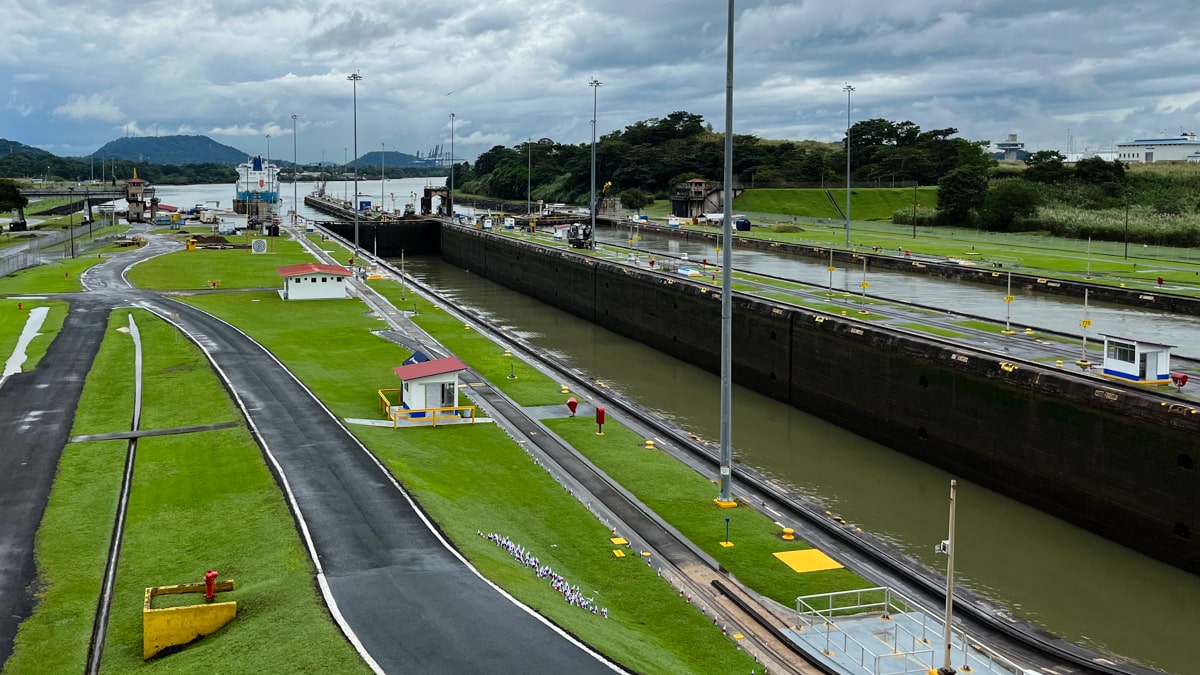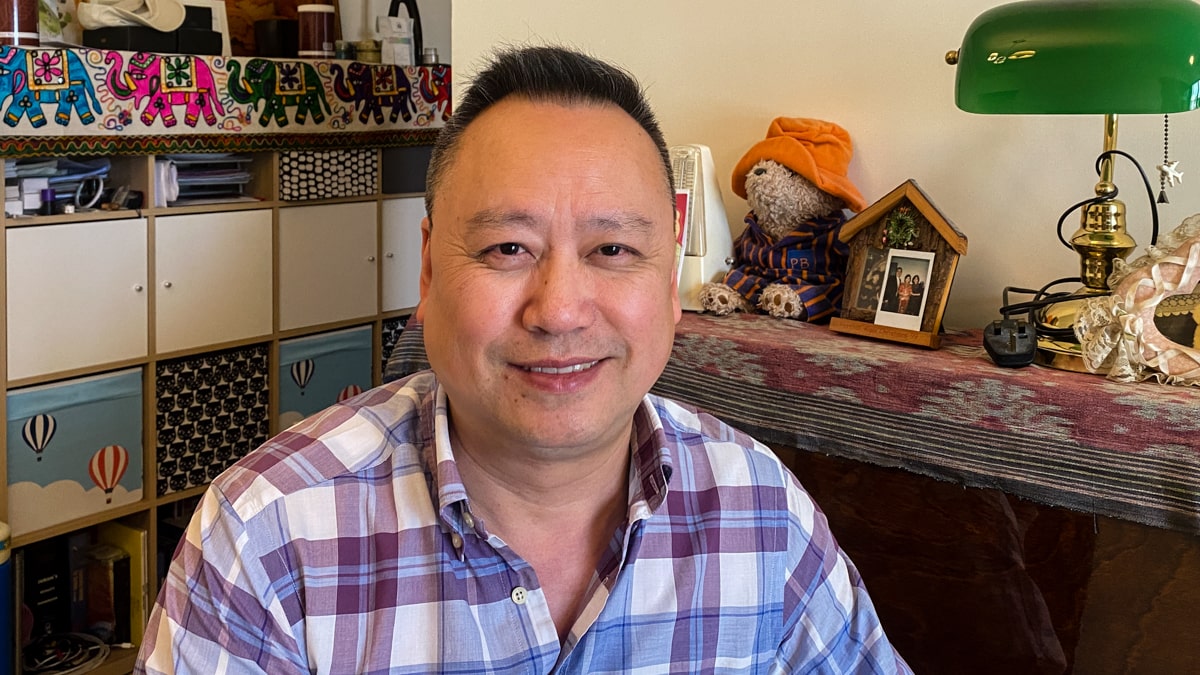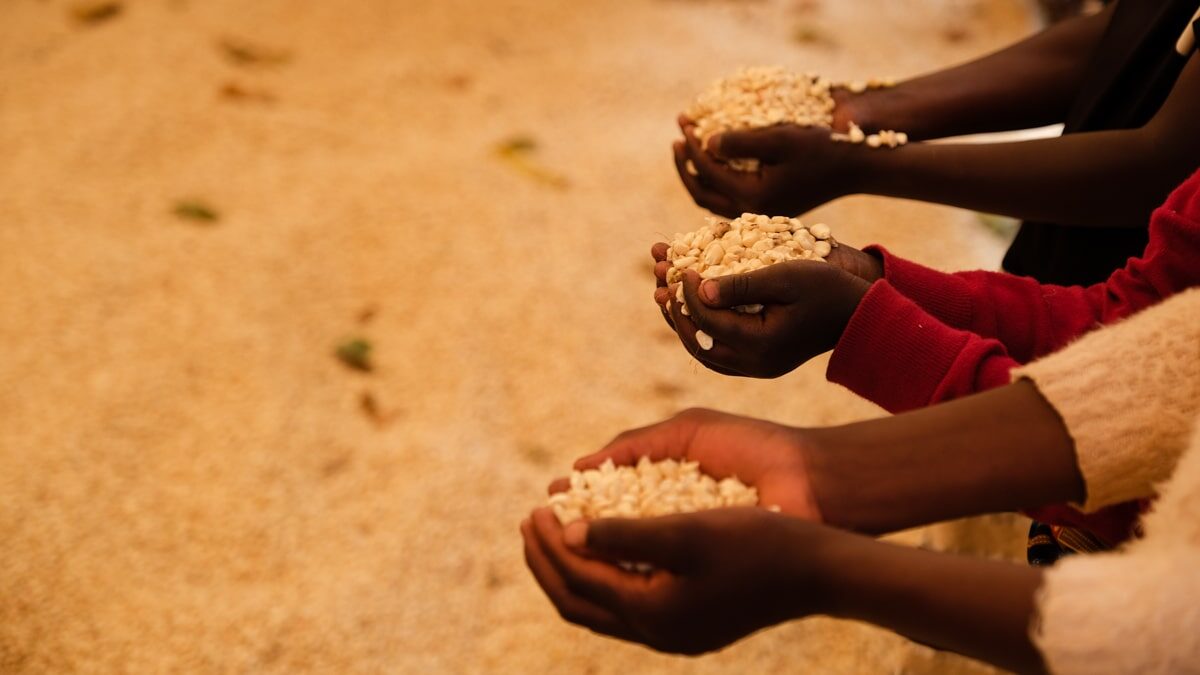
Latin America November 2022 Field Report
November 30, 2022
From Searching for Help to Serving as a Helper: Hong Kong, Vancouver, and GTP
December 8, 2022Turn Dependency into Discipleship
This post offers a biblical solution to the global problem. Christians and ministries face it and even unknowingly foster it through their international giving. It’s called dependency. To gain biblical insight for addressing it, let us look at the interaction between Jesus and the disciples in the account of the feeding of the five thousand in Mark 6:35-40.
By this time, it was late in the day, so his disciples came to him. “This is a remote place,” they said, “and it’s already very late. Send the people away so that they can go to the surrounding countryside and villages and buy themselves something to eat.” But he answered, “You give them something to eat.” They said to him, “That would take more than half a year’s wages! Are we to go and spend that much on bread and give it to them to eat?” “How many loaves do you have?” he asked. “Go and see.” When they found out, they said, “Five—and two fish.” Then Jesus directed them to have all the people sit down in groups on the green grass. So, they sat down in groups of hundreds and fifties.
Three insights emerge here. When applied together, they teach us how we can turn dependency into discipleship. And these applications work in even in difficult and remote places like Malawi, as the concluding example illustrates.
1. Embrace Mindset Change
When surrounded by hungry crowds, Jesus told the disciples to feed them. In response, they focused on the size of the need and what it would take to solve it. This is described as needs-based development. In When Helping Hurts, Steve Corbett and Brian Fikkert show that focusing on needs can lead to dependency as “the assumption in this approach is that the solutions to poverty are dependent upon outside human and financial resources” (120).
Notice the response of Jesus. Instead of calculating the level of outside resources it would take to meet the need, He urged them to “go and see” what they had. Corbett and Fikkert refer to this as an “asset-based approach to poverty alleviation,” which empowers the poor to use assets they possess to address needs locally. It takes time but has sustainable impact.
The first insight we learn from Jesus is mindset change: assess not the size of the need but what assets God has supplied.
2. Encourage Local Giving
Never underestimate the power of local giving from the least likely sources. The parallel passage, John 6:9, reveals that it was a boy who provided the five loaves and two fishes. This likely surprised the disciples and should shake and wake us today to make another shift as Rob Martin suggests in When Money Goes on Mission: “This shift—away from the way mission funding has been carried out over the past two hundred years—involves the encouragement of local funding and leadership development” (34). In short, we need to encourage local giving.
Martin acknowledges that, though mission funding has largely flowed from the West to the rest producing dependency issues and hindering local sustainability, we need to push for partnership between both sides that values local giving and grows local people. This requires work, which is why it may be the road less traveled.
The second insight we learn from Jesus relates to local giving: celebrate when local people give God what they have as part of their growth and discipleship.
3. Enjoy Green Grass
Once the local giving happened, Jesus immediately directed the people to sit down in groups on the green grass. In his ZECNT commentary on this Mark’s Gospel, Mark L. Strauss makes the connection between the “green grass” in Mark 6:39 and the “shepherd imagery” in Psalm 23:2, “He makes me lie down in green pastures, He leads me beside quiet waters” (276). Jesus, our shepherd, makes us sit down and supplies what we need to sustain us and to flourish.
The fact that Jesus sits them in groups large and small implies that this lesson applies for big groups and small ones. It relates to large congregations and tiny churches. What is the lesson?
The third insight we learn from Jesus links to sustainability and flourishing: after disciples give God what they have, they must sit and watch Him supply in abundance.
A Present Day Example
Jesus wants us to address real needs like feeding hungry people. We can give handouts that create unhealthy dependency or we can give a hand up to build disciples who flourish. To start, we must embrace mindset change. He’s the Savior who solves problems. We assess what God has supplied, encourage local giving, and invite people to sit down, enjoy the green grass, and see God work. For a modern example of this approach, watch Palmful of Maize. “Give a man a fish, feed him for a day. Teach him how to give, turn dependency into generosity. It’s happening in Malawi with Palmful of Maize.”
––––
This article was originally posted on the Christian Leadership Alliance Blog on 30 November 2022.




